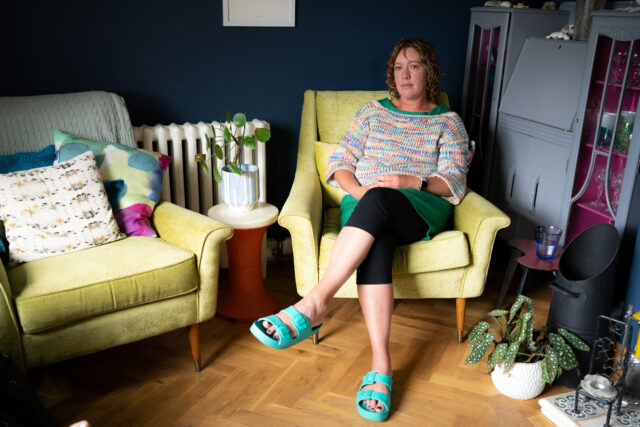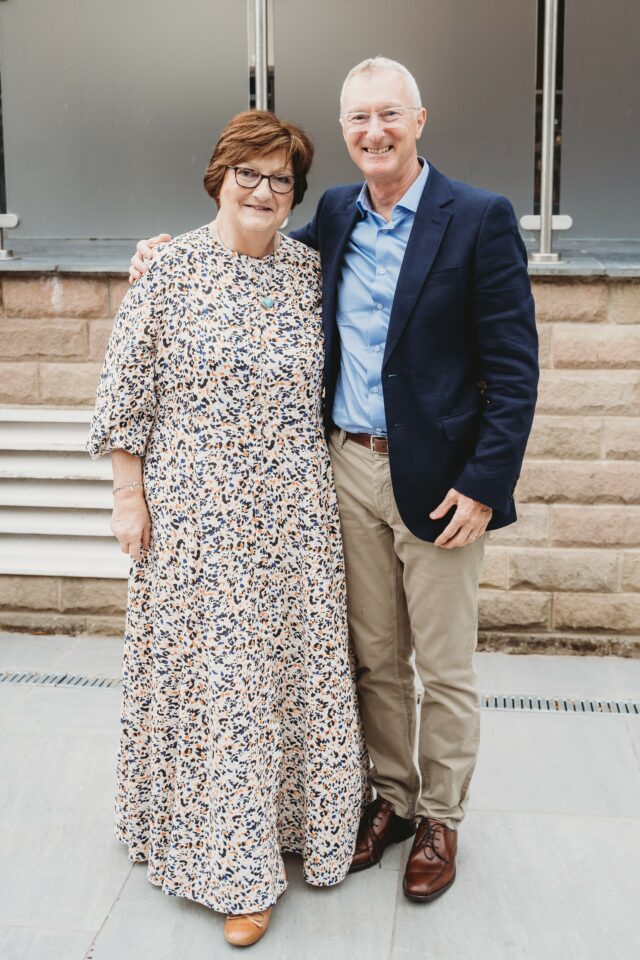Voices from the UK's pulmonary hypertension community
Anna*, 55, lives in Nottinghamshire and has PH with Eisenmenger’s syndrome.
“Before lockdown, I was a member of a gym and did Tai Chi every week. I went on walks, visited friends and went to the theatre, so it was a big shock to be told I had to stay at home.
I had trouble sleeping for months. Getting to sleep was awful and I would then wake up in the middle of the night and lay there with a tight panicky stomach. I’d get up at 2am to do jigsaws and drink chamomile tea to try to calm down. I just couldn’t stop worrying about it all.
The lack of sleep would then affect my mental ability to cope with things during the day
It was a real challenge for the first few months.
I tried to keep up with Tai Chi by following my teacher’s online videos but it’s not the same doing it in your lounge by yourself.
The advice was ‘don’t leave your house, don’t go in the garden’, so I wasn’t doing any walking other than pottering in the garden. Exercise-wise, I basically did nothing and I’m still nowhere near back to how I was.
When I started doing a bit more, like going for a walk around the block, I certainly noticed I had lost condition. I was getting more breathless and having to stop more often, and I still don’t have quite the same stamina.
I am now doing more walks, but I’m not going back to the gym, and I’m only doing Tai Chi classes when they are outside.
The toughest parts of the last couple of years for me have been not seeing people and the level of anxiety.
I had one telephone conversation with the local mental health section to try and cope with my anxiety levels.
It got to the point that every time the government announced that they were lifting a restriction, I was getting really anxious and angry about it.
[During the lockdowns] it pretty much felt like we were all in the same boat, but then to hear that we could go out, but other people weren’t having to wear masks – and they didn’t have to self-isolate even when they caught it – felt like Armageddon in my head.
When they’ve been saying we are going to have to learn to live with covid, I’ve been thinking ‘no, people are dying from it, and I don’t want to die from it’.
I know we’ve got inoculations now and that’s fantastic, but [it doesn’t feel right] to blindly say ‘just to get on with it’ after two years of being told how serious it is for vulnerable people.
I haven’t changed, my health condition hasn’t changed, so I don’t get how everything around covid can just change all of a sudden and be alright – because it’s not.
I’ve always worried, but I think the pandemic exacerbated how many things I worry about.
For example, now, the expectations of others that things are back to ‘normal’ and that you’ll do stuff when you really feel you can’t. It feels unfair when someone wants to arrange their birthday meal and you have to ask if it can be held outside. I have had some interesting discussions with my husband recently because he is wanting to do more stuff now but I’m still reluctant.
I really don’t understand how we can go from two years of telling vulnerable people not to do things because of how serious it is, to this. I know we’ve got the inoculations and that’s really good, but the numbers that are dying each week prove that it is not safe, and it is not eradicated.
It’s really hard to get any idea what the level of risk is for yourself. Who are the people who still are, unfortunately, dying from it? Are they all vaccinated? Are they the ones with underlying health conditions?
For me, I would like to know that sort of thing to give me a better understanding of my risk level, and perhaps a reason to be more cheerful. Without having that knowledge, you don’t know where to put yourself on the risk scale.”
~Anna told her story to the PHA UK in the summer of 2022~
*name changed on request

KatieLife is short, and that is exactly what the last couple of years have shown us
SarahThe lack of control is probably what I struggled with most
MarkI wasn’t willing to go back to work and put her in danger

JulieEvery corner I turned during the pandemic was scary, but my specialist centre gave me hope